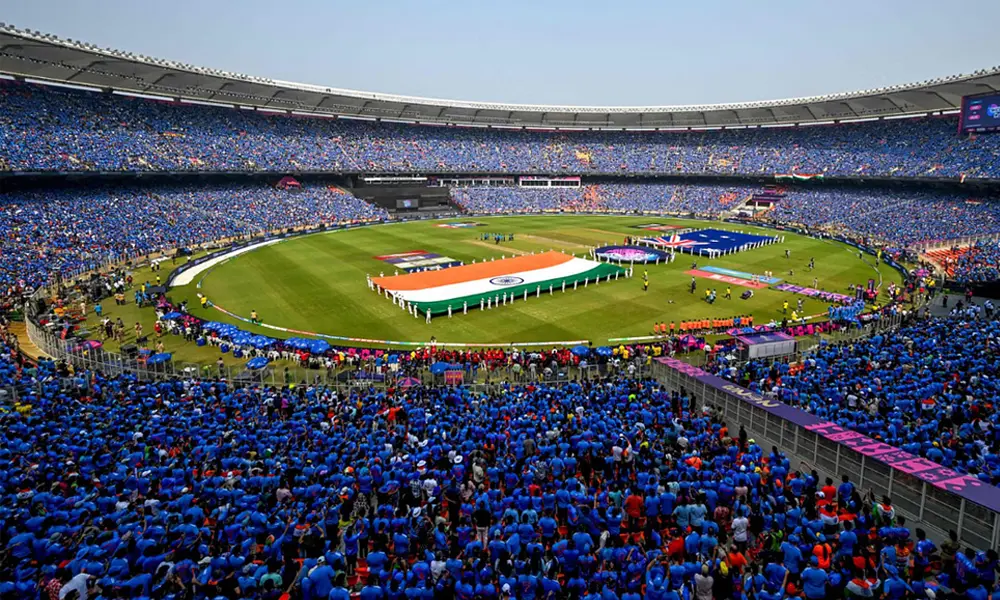Cricket and Culture: Exploring How the Sport Shapes Society

Cricket, often referred to as the "gentleman's game," transcends the boundaries of sport to become an integral part of the cultural fabric of societies around the world. From the dusty fields of rural villages to the bustling stadiums of metropolitan cities, cricket's influence extends far beyond the boundary ropes, leaving an indelible mark on the communities it touches. In this blog, we delve into the intricate relationship between cricket and culture, exploring how the sport shapes society in profound and multifaceted ways.
Cricket as a Unifying Force
In countries like India, Pakistan, and the West Indies, cricket is more than just a sport; it is a unifying force that brings together people from diverse backgrounds and communities. Whether it's cheering for the national team during a World Cup match or bonding over a friendly game in the neighborhood park, cricket fosters a sense of camaraderie and belonging that transcends social, economic, and cultural divides. In this way, cricket serves as a catalyst for social cohesion and solidarity, bridging gaps and fostering a sense of national pride and identity.
Cricket and Identity
For many communities, cricket is not just a pastime but a way of life—a reflection of their cultural heritage and identity. In countries like England, Australia, and South Africa, where cricket has deep historical roots, the sport is intertwined with notions of national identity and pride. From the traditions of tea breaks and cricket whites to the iconic venues like Lord's and the MCG, cricket serves as a symbol of cultural continuity and tradition, evoking a sense of nostalgia and belonging among fans.
Cricket and Social Change
Throughout history, cricket has played a pivotal role in driving social change and progress. From the anti-apartheid protests that led to South Africa's isolation from international cricket to the pioneering efforts of players like Sir Garfield Sobers and Sachin Tendulkar in breaking down racial and societal barriers, cricket has served as a platform for activism and advocacy. By challenging norms and confronting injustice, cricket has helped shape a more inclusive and equitable society, inspiring future generations to strive for change.
Cricket and Economic Development
In addition to its cultural significance, cricket also has significant economic implications, driving growth and development in communities around the world. From the construction of stadiums and infrastructure to the creation of jobs and revenue through tourism and broadcasting rights, cricket has the power to stimulate economic activity and empower local economies. In countries like India, where cricket is a multi-billion-dollar industry, the sport serves as a catalyst for economic growth, providing opportunities for entrepreneurship and investment in sectors ranging from hospitality to media and entertainment.
Conclusion: Cricket as a Cultural Phenomenon
In the grand tapestry of human civilization, cricket occupies a unique and cherished place—a cultural phenomenon that transcends borders, languages, and ideologies. Whether it's the fervent chants of fans in a packed stadium or the quiet camaraderie of players on the field, cricket embodies the essence of community, connection, and shared experience. As we celebrate the enduring legacy of cricket and its profound impact on society, let us remember that beyond the scoreboard lies a world of stories, traditions, and memories that unite us all in the spirit of the game.

